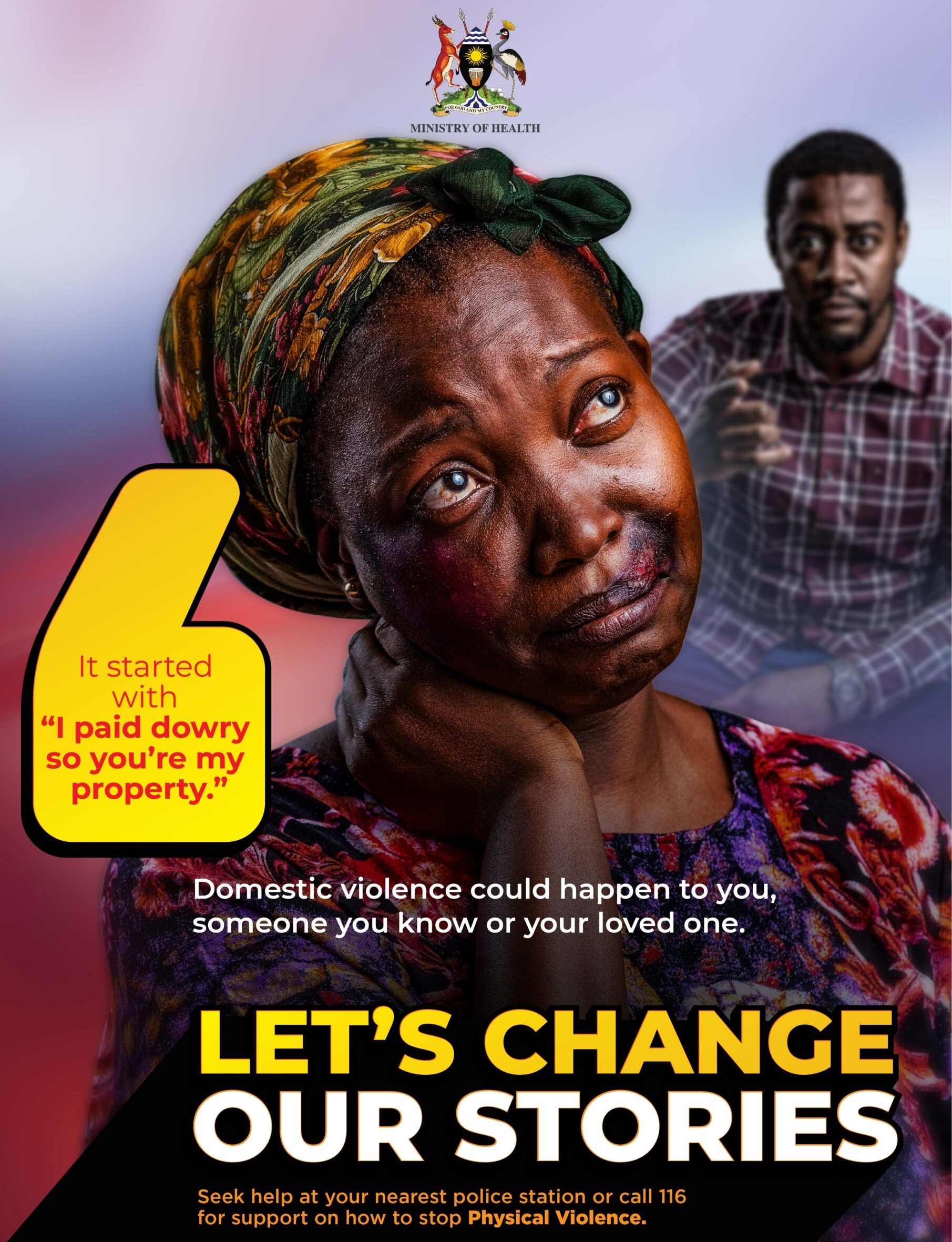
In a recent report published on New Vision, Uganda’s premier newspaper, the alarming rise in domestic violence cases has come to the forefront, highlighting a pressing issue that demands urgent attention. As incidents of abuse and violence within homes continue to overwhelm law enforcement agencies, it underscores the need for comprehensive strategies to address this pervasive societal problem.
The article sheds light on the harrowing reality faced by countless individuals and families grappling with the scourge of domestic violence. From physical assaults to emotional abuse, the impact of such incidents reverberates through communities, leaving lasting scars on survivors and their loved ones.
Amidst the rising tide of domestic violence, law enforcement agencies find themselves inundated with an ever-increasing caseload, stretching their resources and capacity to respond effectively. Despite their best efforts, many cases go unreported or unresolved, perpetuating a cycle of silence and impunity that further emboldens perpetrators.
One of the key challenges highlighted in the report is the lack of specialized training and resources within the police force to handle cases of domestic violence sensitively and effectively. Limited access to shelters and support services further exacerbates the vulnerability of survivors, leaving them with few options for escape and recourse.
In light of these sobering realities, the article calls for concerted action at multiple levels to address the root causes of domestic violence and support survivors in their journey towards safety and healing. This includes:
Strengthening law enforcement responses: Investing in specialized training for police officers and establishing dedicated units to handle domestic violence cases can improve the quality of response and ensure that survivors receive the support and protection they need.
Enhancing support services: Expanding access to shelters, counseling, and legal assistance can provide survivors with a safety net and empower them to seek help without fear of judgment or reprisal.
Raising awareness and challenging stigma: Public education campaigns can help dispel myths and misconceptions surrounding domestic violence, encouraging survivors to speak out and seek support while holding perpetrators accountable for their actions.
Fostering community partnerships: Engaging community leaders, faith-based organizations, and grassroots initiatives can mobilize collective action to prevent violence, promote gender equality, and support survivors within their local contexts.
In conclusion, the article serves as a poignant reminder of the urgent need to confront the scourge of domestic violence and build a society where every individual can live free from fear and harm within their own homes. By working together to address the underlying factors driving this epidemic and supporting survivors on their path to healing and justice, we can create a future where love and respect prevail over violence and oppression.

![Women Leadership Development [WLEDE]](https://wlede.org/wp-content/themes/kipya/images/logo-WLEDE.png
)





